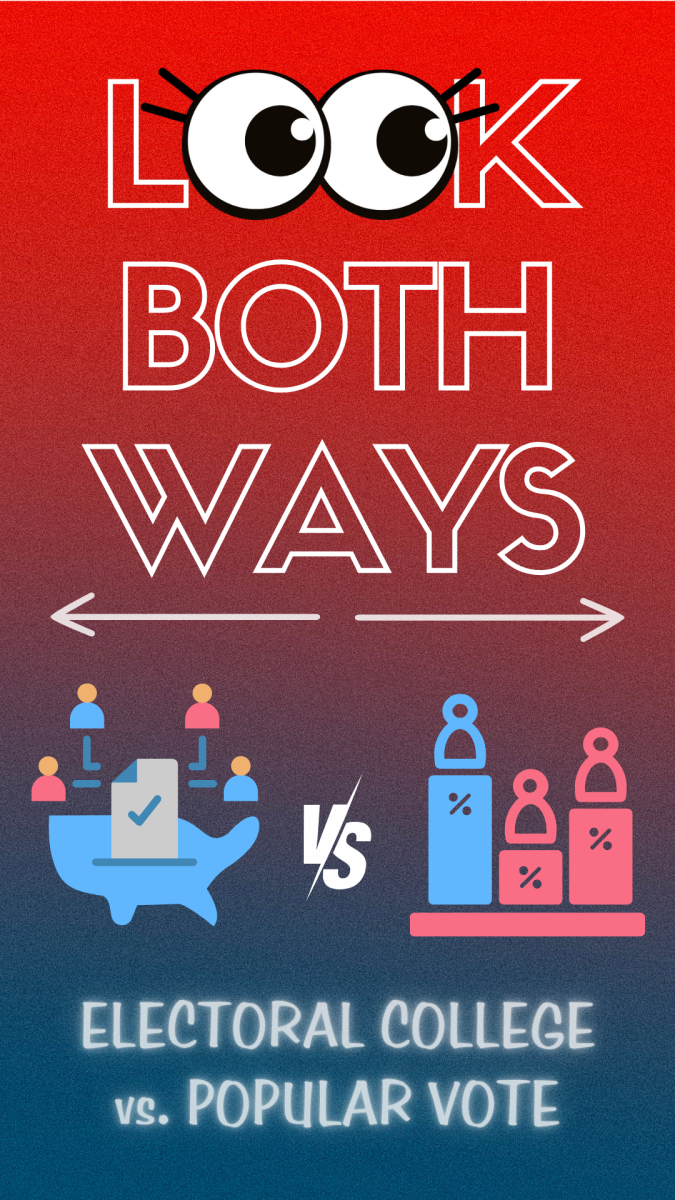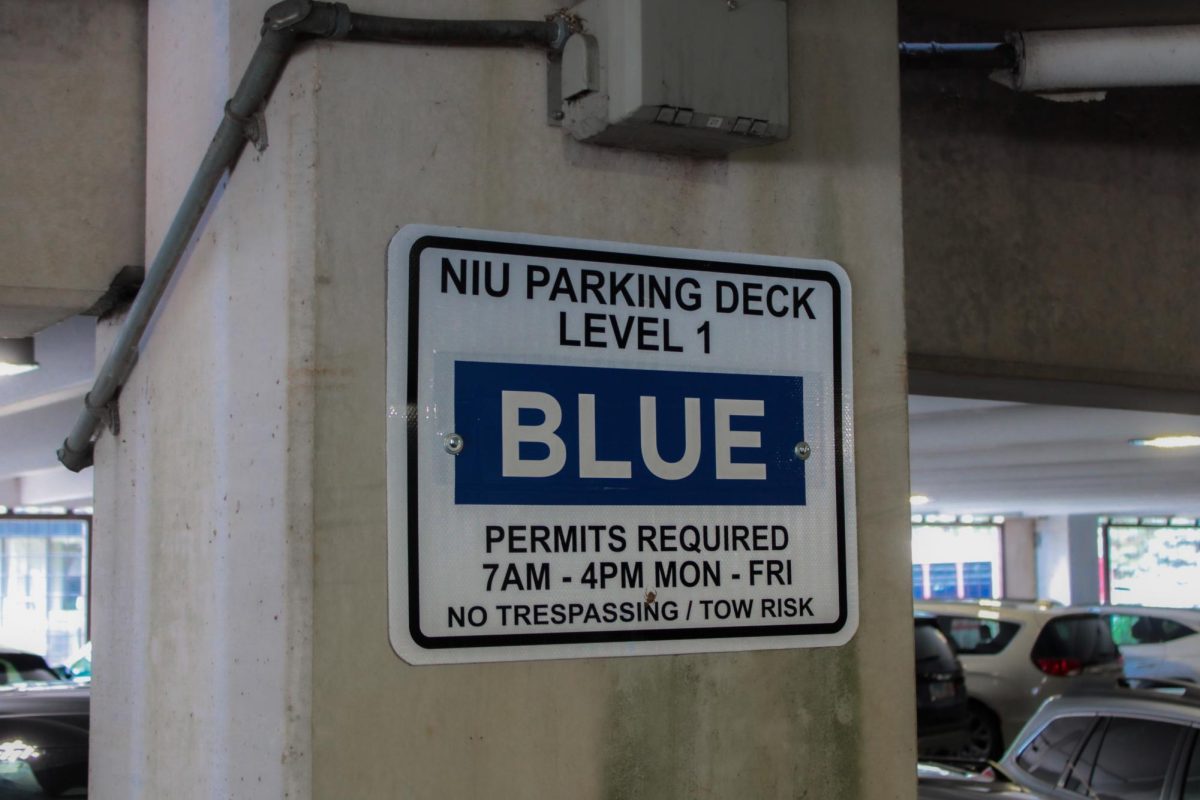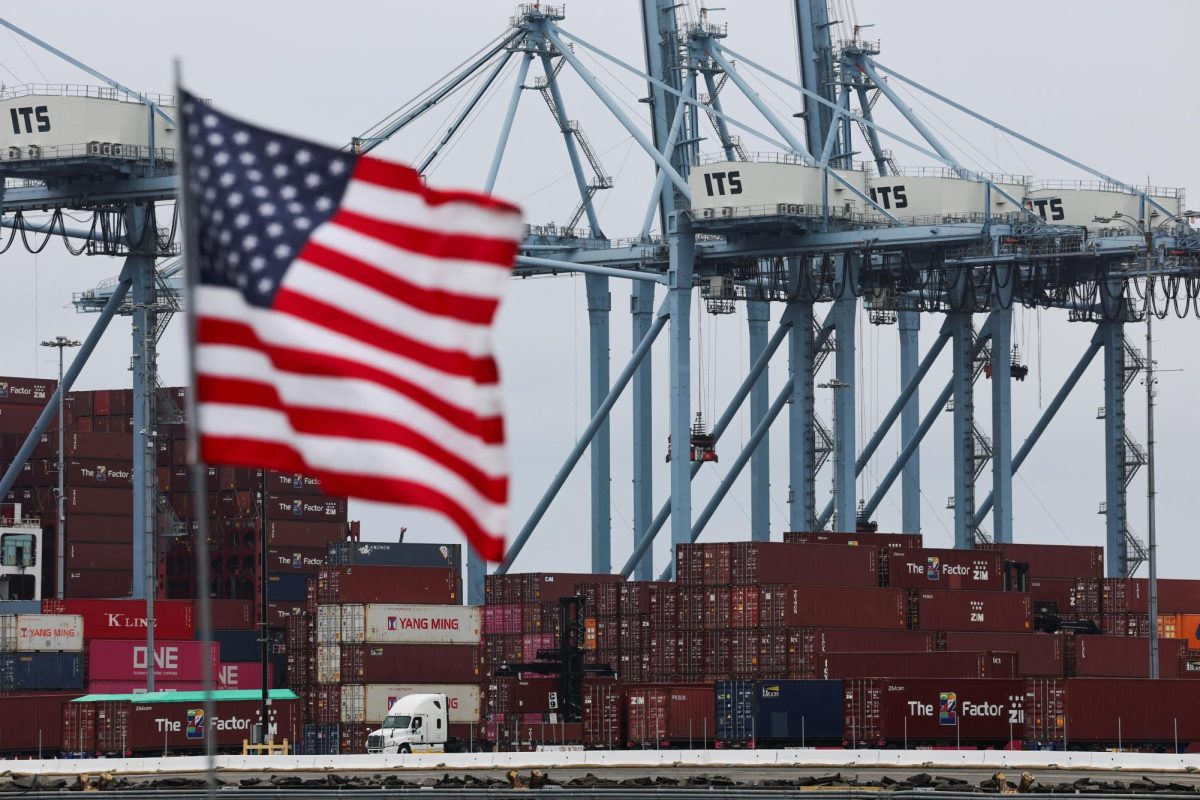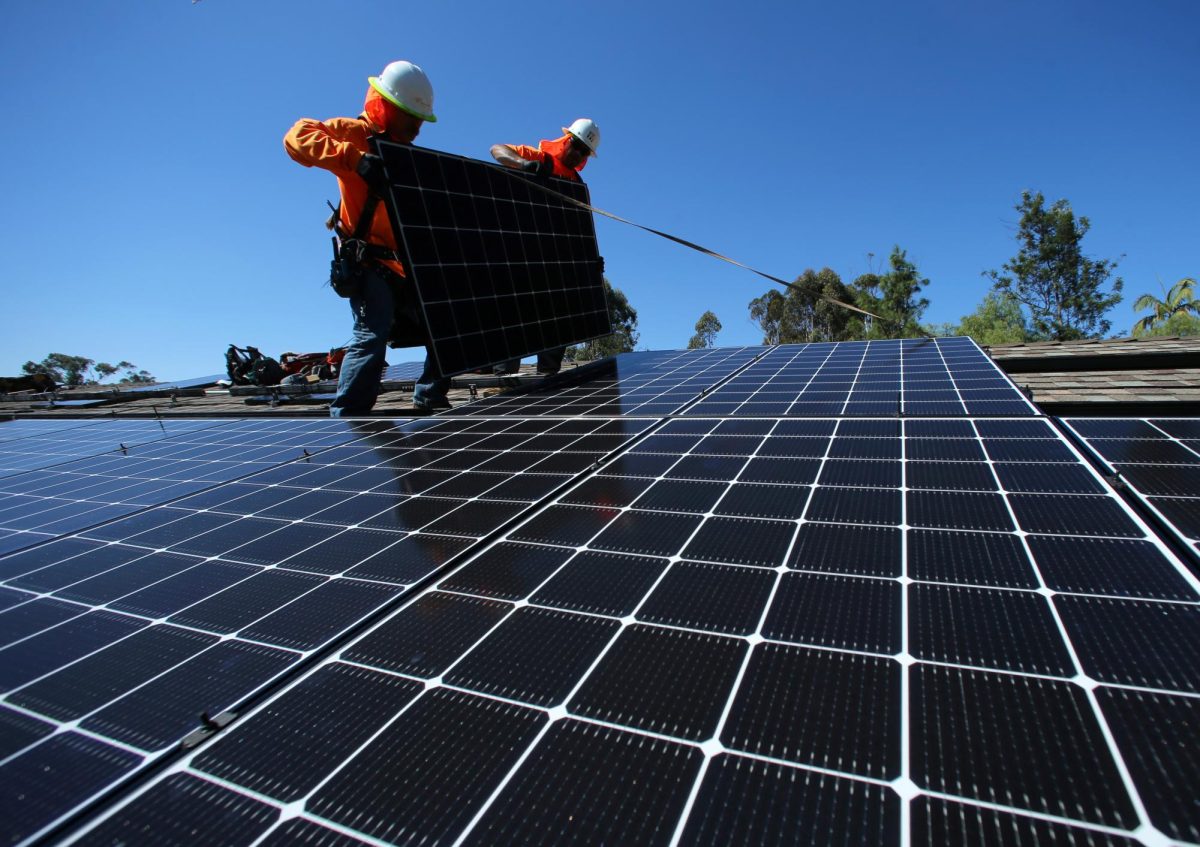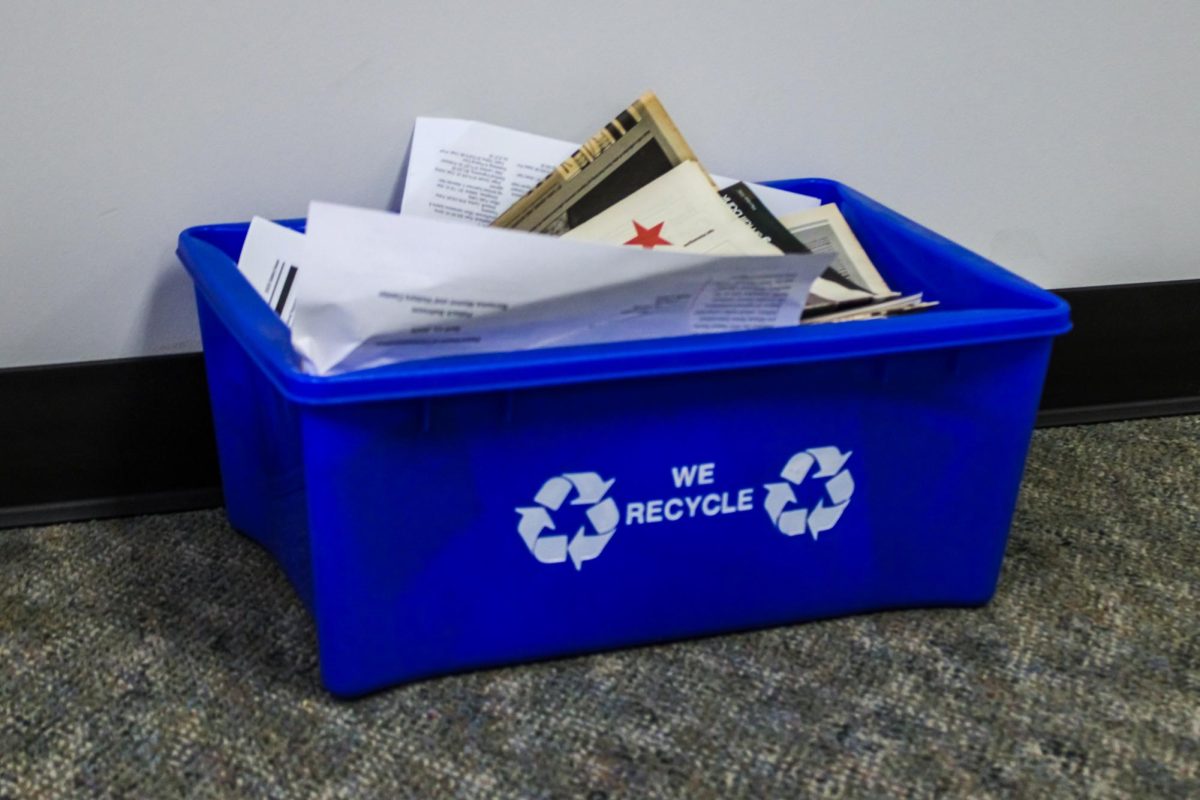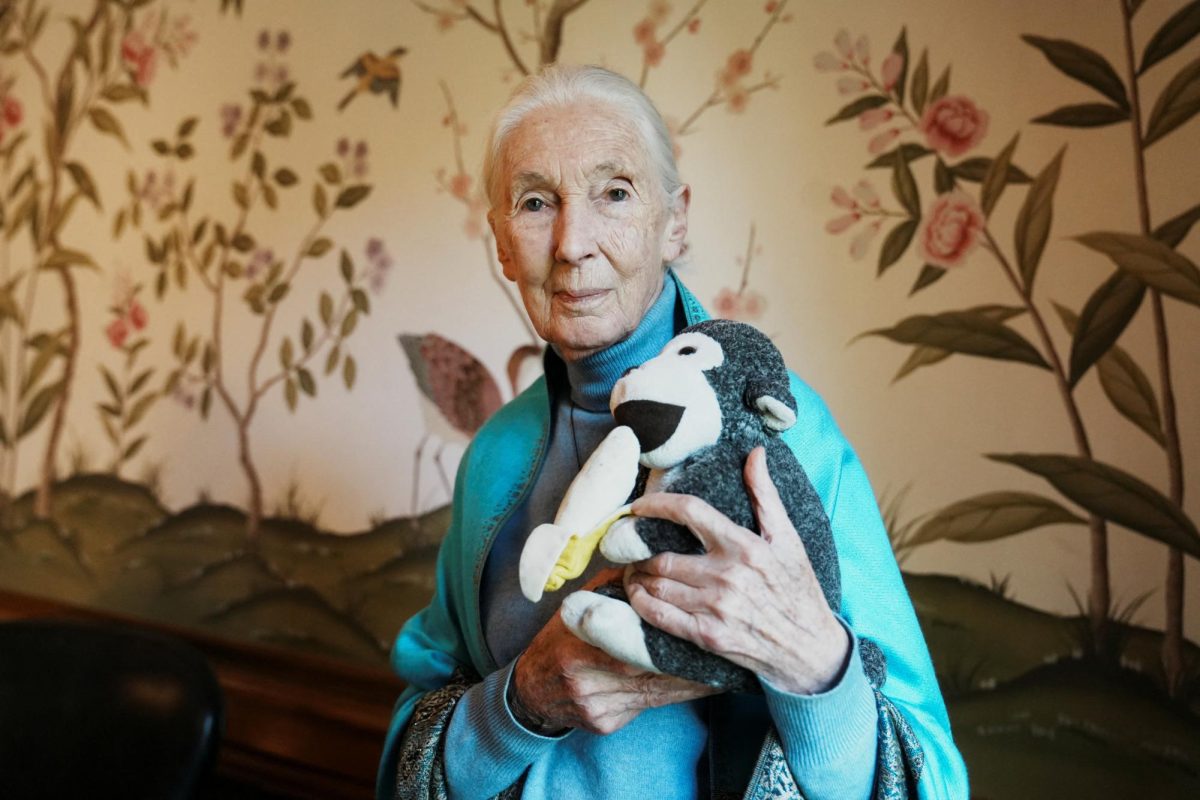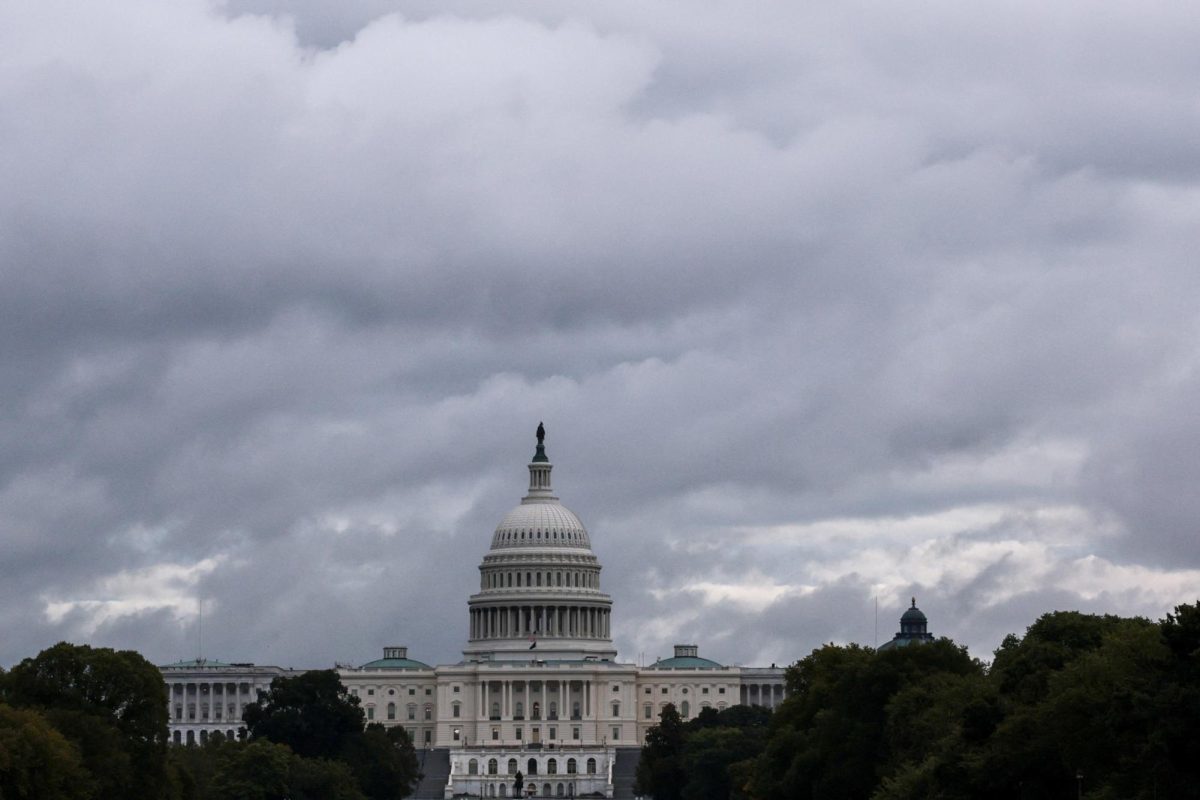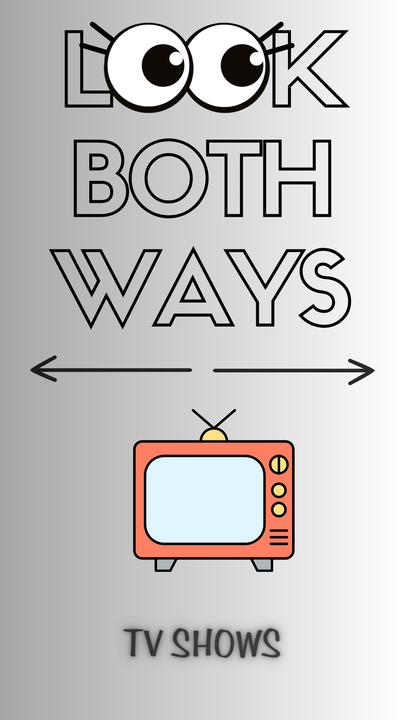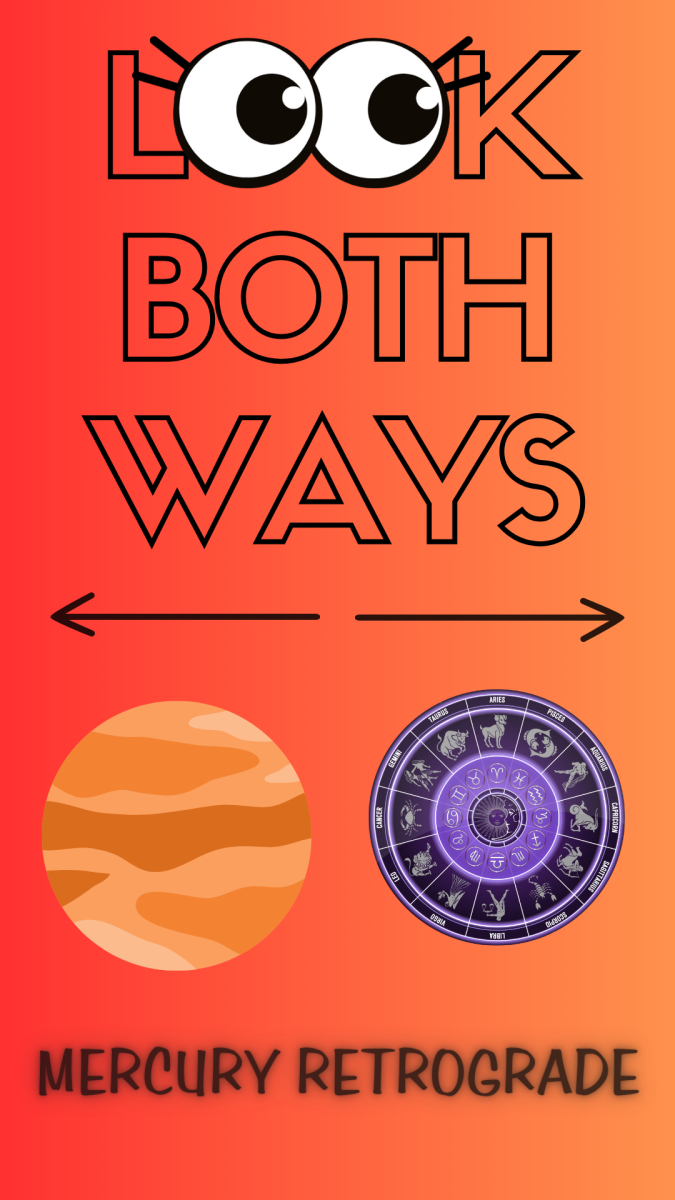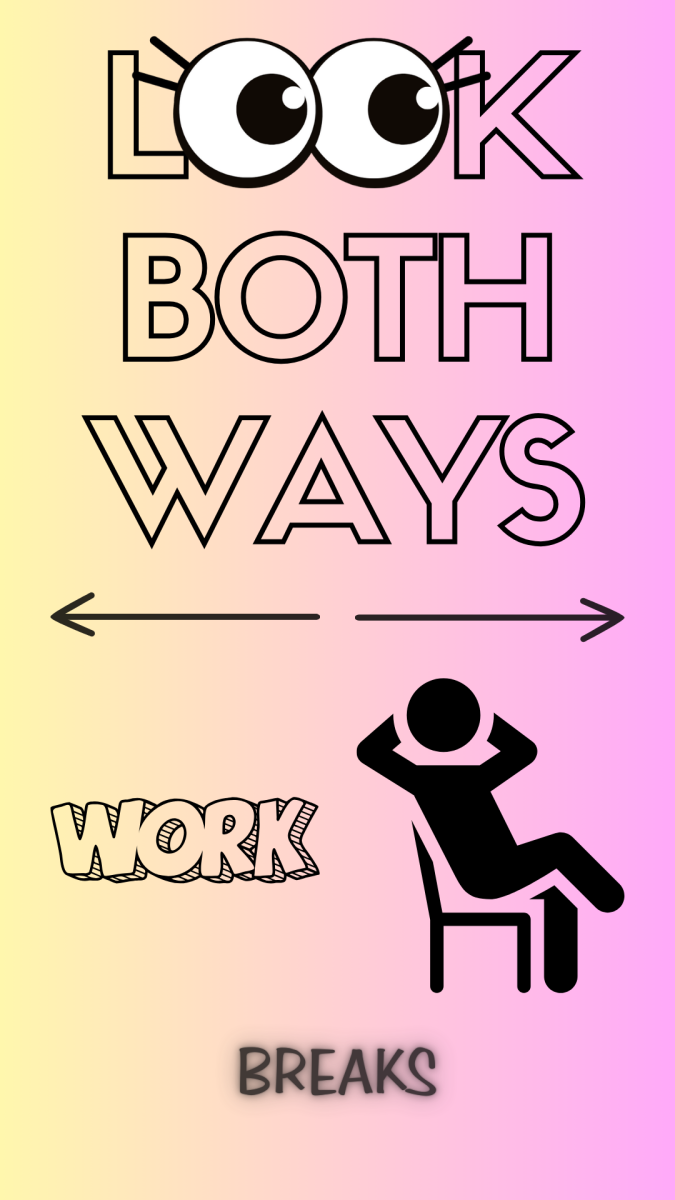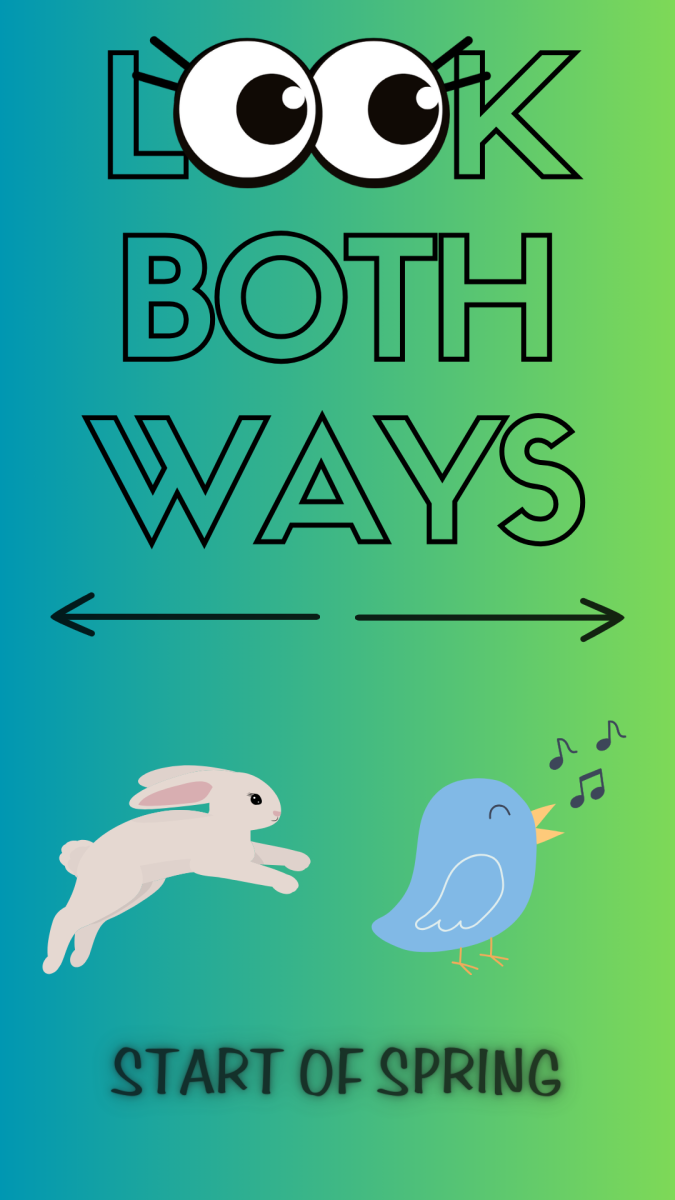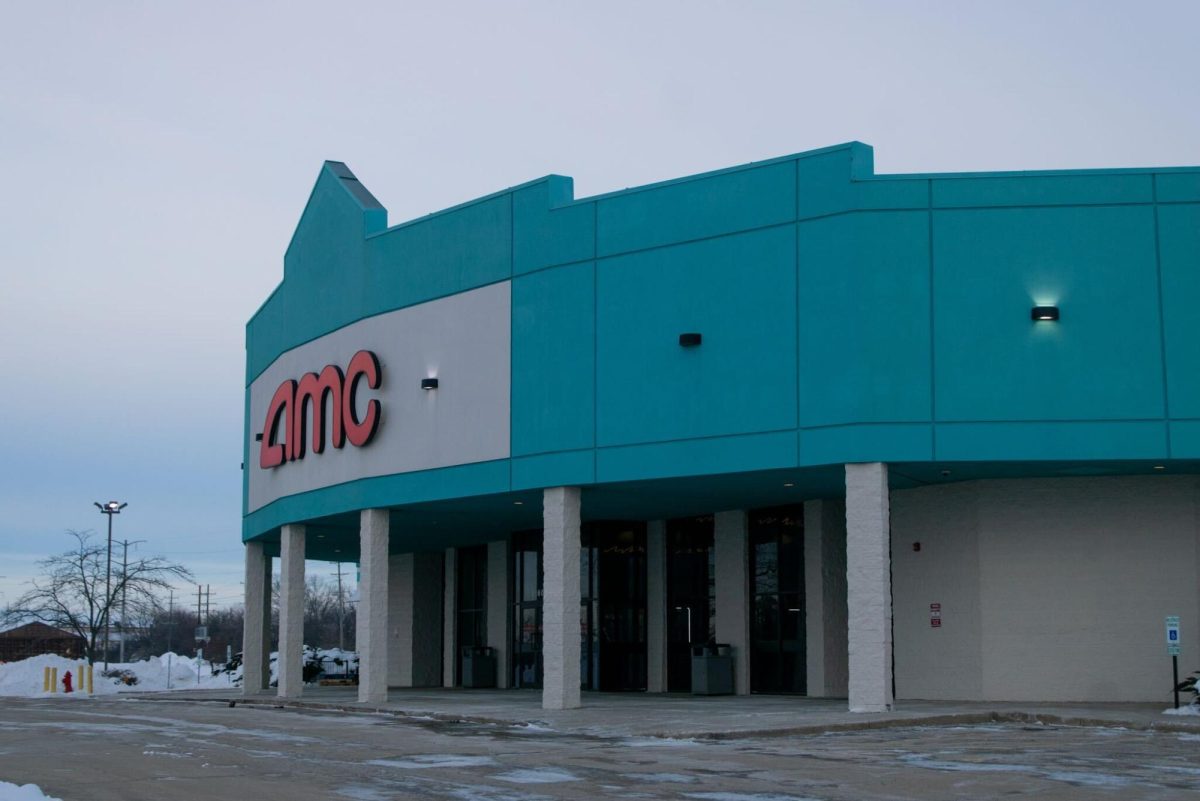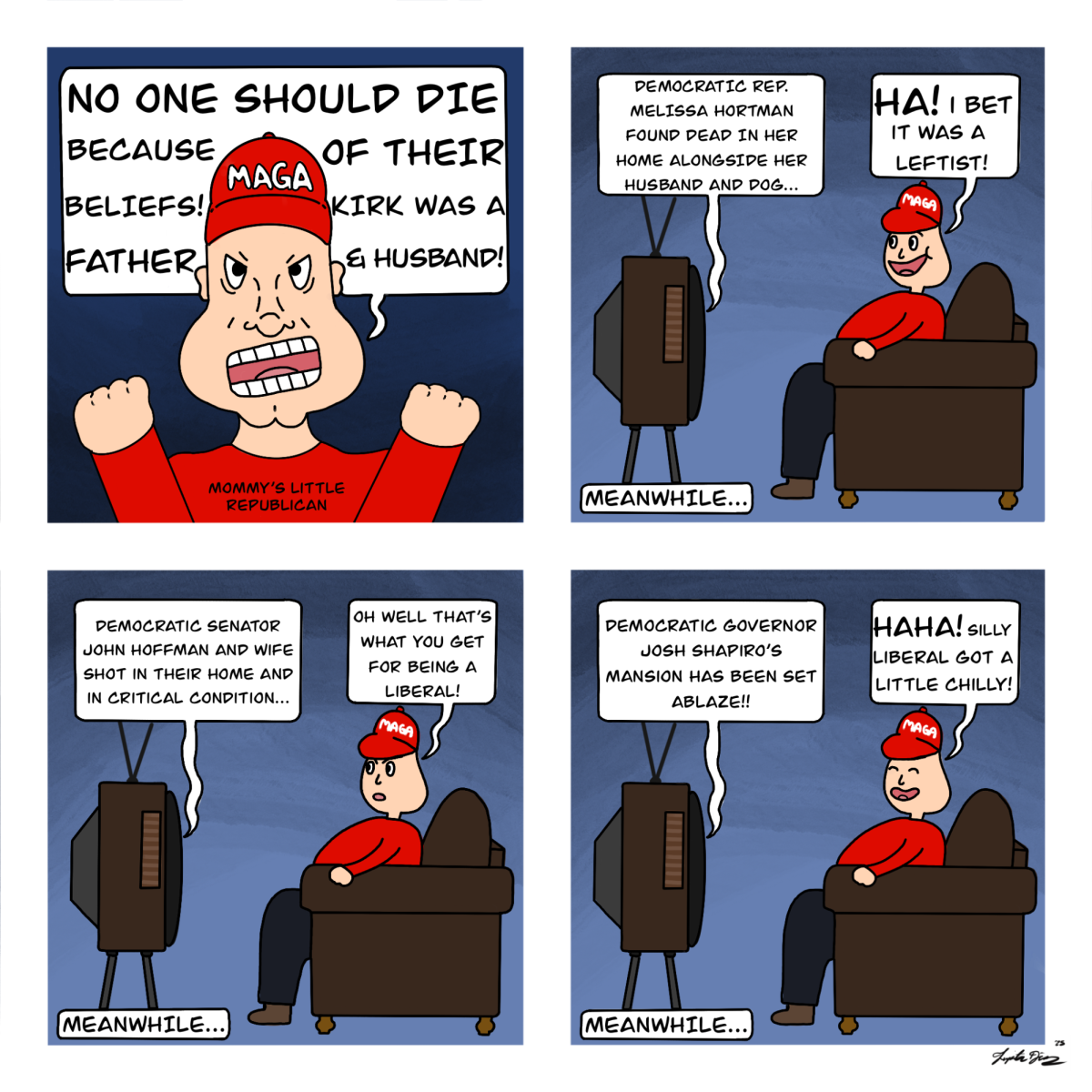With Election Day right around the corner, the debate between the Electoral College and popular vote is once again heating up.
The popular vote is a democratic system in which a country’s citizens decide who is placed in power. Simply put, in an election decided by popular vote, the candidate who wins the majority of votes over their opposition wins the position.
The Electoral College, meanwhile, is a system unique to American government that consists of a group of electors, each of whom casts a vote for a particular presidential candidate. An elector’s vote is almost always decided by the outcome of the popular vote of the state that elector represents. In the U.S., the president is decided by the number of electoral votes they receive.
ELECTORAL COLLEGE BETTER THAN POPULAR VOTE
By: Olivia Zapf, Editor-in-Chief
The United States is among one of its most contentious elections – which you should already know – and the spread of misinformation and disinformation has made it all the more difficult to determine the truth from the lies and the bias from the neutral. The Electoral College has historically been the safeguard between a generally uneducated public and the presidency.
I can hear the cries of complaint already. “Fox News is reliable, and Kamala Harris does not deserve your vote!” or “CNN does not provide biased coverage – Donald Trump should simply not serve a second term!” I hear that, and I appreciate that. But this is exactly what I am talking about.
Regardless of your political leanings, there should be an understanding that news media, since the end of the Equal Time Doctrine, negated the need to have equal coverage from both sides of a political issue.
Essentially, the government helped build the bias in American politics, and American voters should not have to suffer for it.
This is not the first time this has happened, either. Bias and underhanded political tactics have plagued the American system since its inception. Before we had television, we relied on newspapers, pamphlets and town halls to get our information. Americans are naive to think politicians did not take advantage of these instances.
Lucky for us voters though, the Founding Fathers provided America with a safeguard to all of this drama and misinformation: the Electoral College. Its original purpose was to rise above the uneducated voters and choose the best candidate for the country — not the one who could play politics most effectively.
Hopefully, it is safe to say that is what the American people want: the best for the country.
Of course, it’s not that there aren’t educated American voters. There are. I hope you are one of them. But just because you or your family is, does not speak to the greater American public. In fact, only 57% of eligible voters, as of 2023, can name one of the five liberties guaranteed in the Constitution, according to Pew Research Center.
If 43% of the eligible voter population surveyed cannot name one of the five cornerstone principles of American democracy, do you think they should be allowed to decide the fate of the nation unchecked?
I didn’t think so.
POPULAR VOTE BETTER THAN ELECTORAL COLLEGE
By: Jackson Shields, Assistant Opinion Editor
Since its inception, America has touted itself as the world’s most democratic power, a nation of people united by their strength of equal say and share. This has never been the case, no matter how hard its unending supply of propaganda might try to convince you otherwise. One must look no further than the Electoral College for a bright and shining example of America’s flawed performance of real democracy: a system which takes the power from the people’s hands and places it in the palms of those in power.
The Electoral College, by all intents and designs, is a measure meant to detract from the potency of a single person’s effect on government. In practice, it keeps the Republican party alive and thriving when it otherwise wouldn’t be.
The college itself is composed of a group of electors, each representing a certain state –the number of which is determined by the combined total of senators and representatives that state has in Congress. An elector’s one and only duty is to allocate their vote towards a presidential candidate, thereby electing the candidate with the most votes as president.
Most of the time, this decision is neither a personal nor ideological choice of the elector’s, but rather a reflection of the popular vote’s outcome from the state they represent.
At face value, this appears to be a good thing. If the Electoral College simply holds up a mirror to the people of each state, what makes the process undemocratic?
The answer is, unfortunately, very complicated.
For a whole host of reasons, far too old and elaborate to explain here, conservatives tend to live in rural areas of America, while liberals tend to live in densely-packed cities. This results in a phenomenon where agrarian states like Wyoming, Kansas and Alabama are dominated by registered Republicans, whereas urbanized states like California and Illinois are home to many Democrats. Notably, these agrarian states are known for their smaller population sizes while urbanized states hold some of the largest populaces in the country.
Here arises the issue of undue representation. Under the Electoral College, because there are less people in these republican-dominated states, their votes inherently weigh more than those of people in liberal states. A single vote in the state of Wyoming, for example, which has a population of around 584,000, is significantly more impactful than a single vote in California, with a population of around 38 million.
This shouldn’t be the case. Under a truly democratic system, each and every vote should be of equal importance — the popular vote already accomplishes this. It is the Electoral College which needlessly complicates matters, handing undue power to the Republican Party, which has made it its mission to continue dominating these smaller, rural states.
We’ve already lived through the repercussions of the Electoral College: Donald Trump’s 2016 presidency. Although Hillary Clinton received 2.9 million more votes than Trump, she lost in the Electoral College, giving him the right to sit in the oval office.
Needless to say, a system that invalidates the opinion of the many, favoring that of the few, is the opposite of democratic and a complete work of hypocrisy from the Founding Fathers, who claimed to be its figureheads.
A popular vote puts power in the hands of the people while the Electoral College plucks it out. America can not withstand another 2016, and its people likely don’t want one. But when all is said and done, it will be the Electoral College’s choice, not yours.


